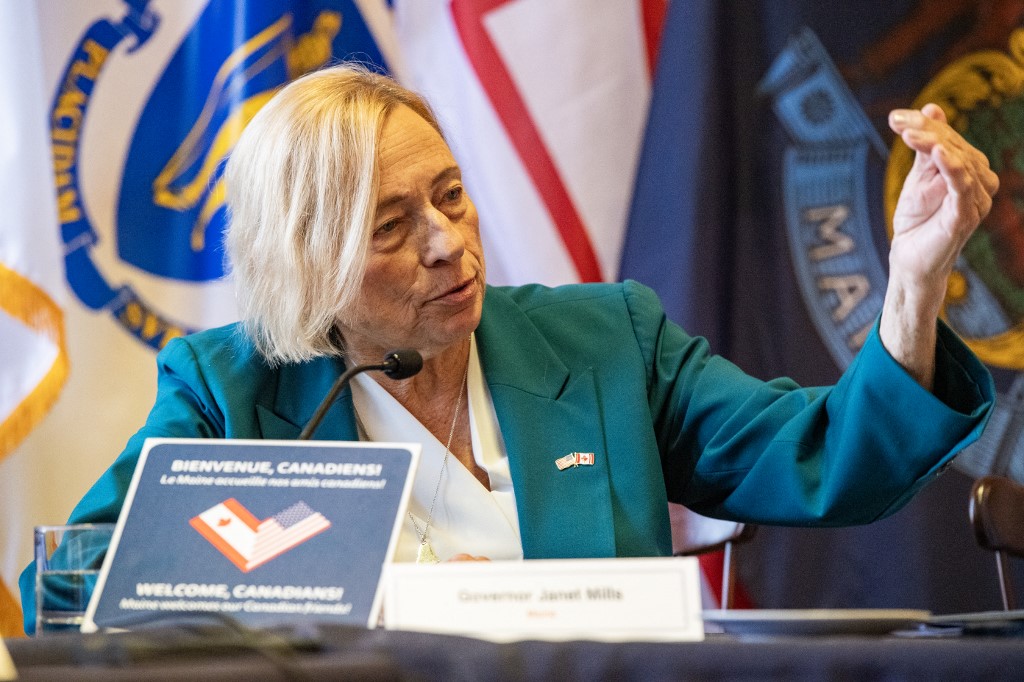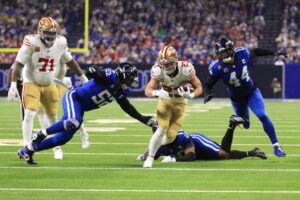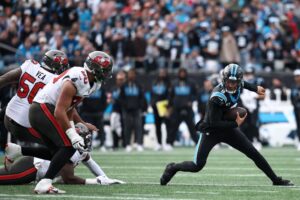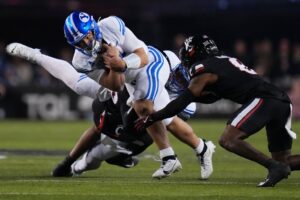Online casino gambling has passed Maine’s legislature, but now the governor must decide if she will sign the bill or veto it. Supporters are hoping she abides by the wishes of the legislature and brings iGaming to the Pine Tree State.
Tribal Rights
Maine’s four gambling tribes—the Passamaquoddy Tribe, the Penobscot Nation, the Houlton Band of Maliseet Indians, and the Mi’kmaq Nation—are on the cusp of securing online casino gambling, but there is one last critical hurdle to be climbed, and that comes in the form of the pen of Governor Janet Mills.
A committee voted LD 1156 off the Appropriations Table and advanced the legislation to the governor’s desk for her signature. Governor Mills received the legislation in her office and has 10 days to sign it. Maine would get 18% of the net revenue generated by iGaming, which amounts to roughly $1.8 million in the first year, according to reports.
The bill had languished in the Joint Veterans and Legal Affairs Committee for months, only to be given a last chance at salvation when the state’s cut of the profits increased from 16% to 18% in the Maine Legislature’s special session, which spurred the bill to become law…well, almost.
It won’t be fully law until the governor signs it, but she had testified against it earlier, which gives many supporters cause for pause. The tribes naturally support the bill, and when mobile sports betting launched in November 2023, three of the tribes partnered with Boston-based DraftKings while the fourth ironed out an agreement with Caesars.
It is likely that those two companies would also run the online casino platforms, but that has yet to be divulged, and the point is moot until the governor signs the bill. However, if she chooses to veto the bill outright or fail to sign the bill, the subject won’t be going away anytime soon, after supporters recognize the legislature is on board with the iGaming launch.
Gives Tribes a Fighting Chance
The sponsor of the bill, Maine Representative Ambureen Rana, pointed out the disadvantageous circumstances that Maine’s tribal nations must face, citing the Maine Indian Claims Settlement Act of 1980, which prohibits Native American tribes from operating land-based casinos, only bingo parlors. This has led to the legislature’s support for the tribe’s exclusivity regarding mobile sports gaming and now online casino gambling.
Representative Rana said, “Because the Wabanaki Nations have not enjoyed anywhere near the level of economic growth as that of other tribes in this country, they face an ongoing economic crisis.”
Pos Basset, Chief of the Passamaquoddy Tribe at Sipayik, testified on behalf of the bill, stating it would “generate revenues that will help us save enough money to do things like move our wastewater treatment plant and survive what’s to come from rising sea levels.”
Yet, there are also plenty of detractors, including the Maine Gambling Control Unit, the Gambling Control Board, the land-based casino operators, and even the governor herself.
Chris Jackson, a spokesperson for the Hollywood Casino, voiced his opposition, stating, “Passage of this bill, to be clear, would constitute the greatest single expansion of gaming in our state’s history without the vote of the people of Maine. It would threaten facilities in Bangor and Oxford.”







